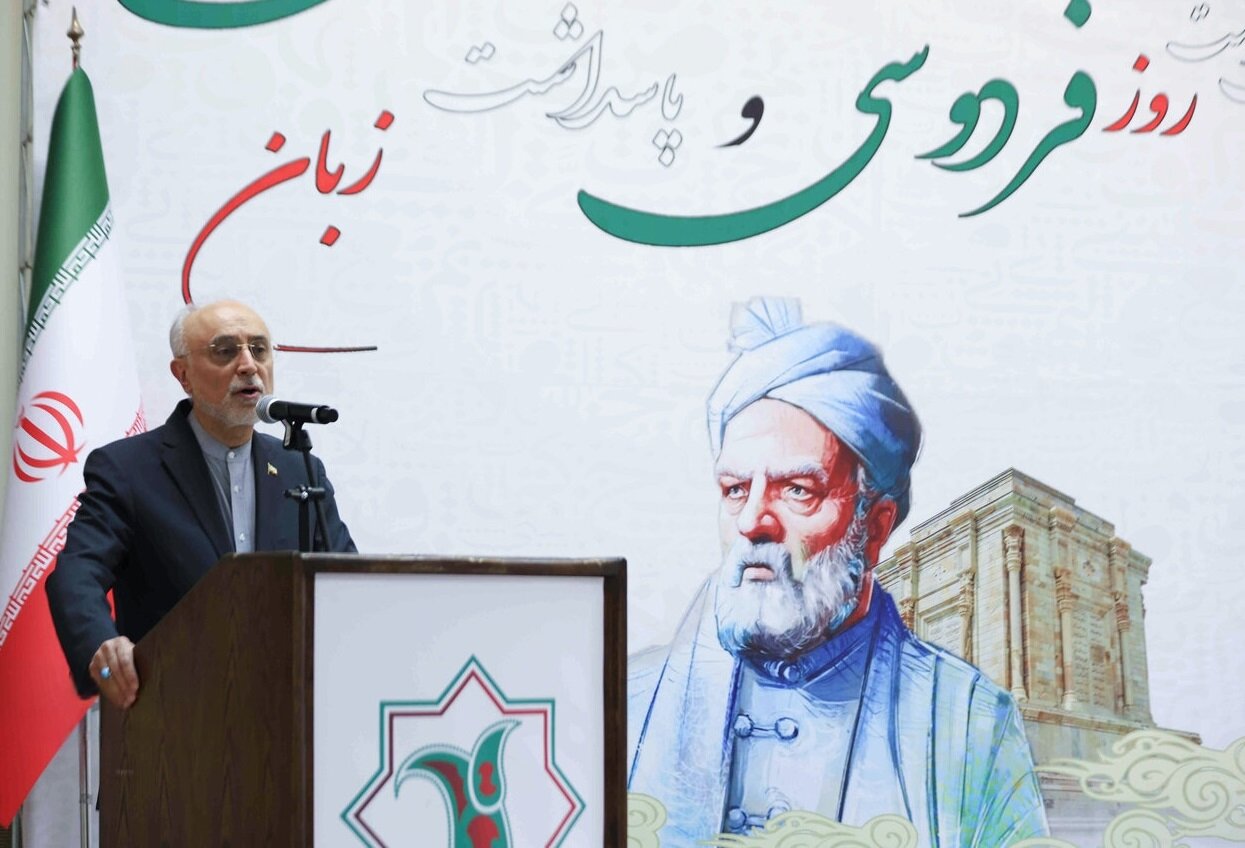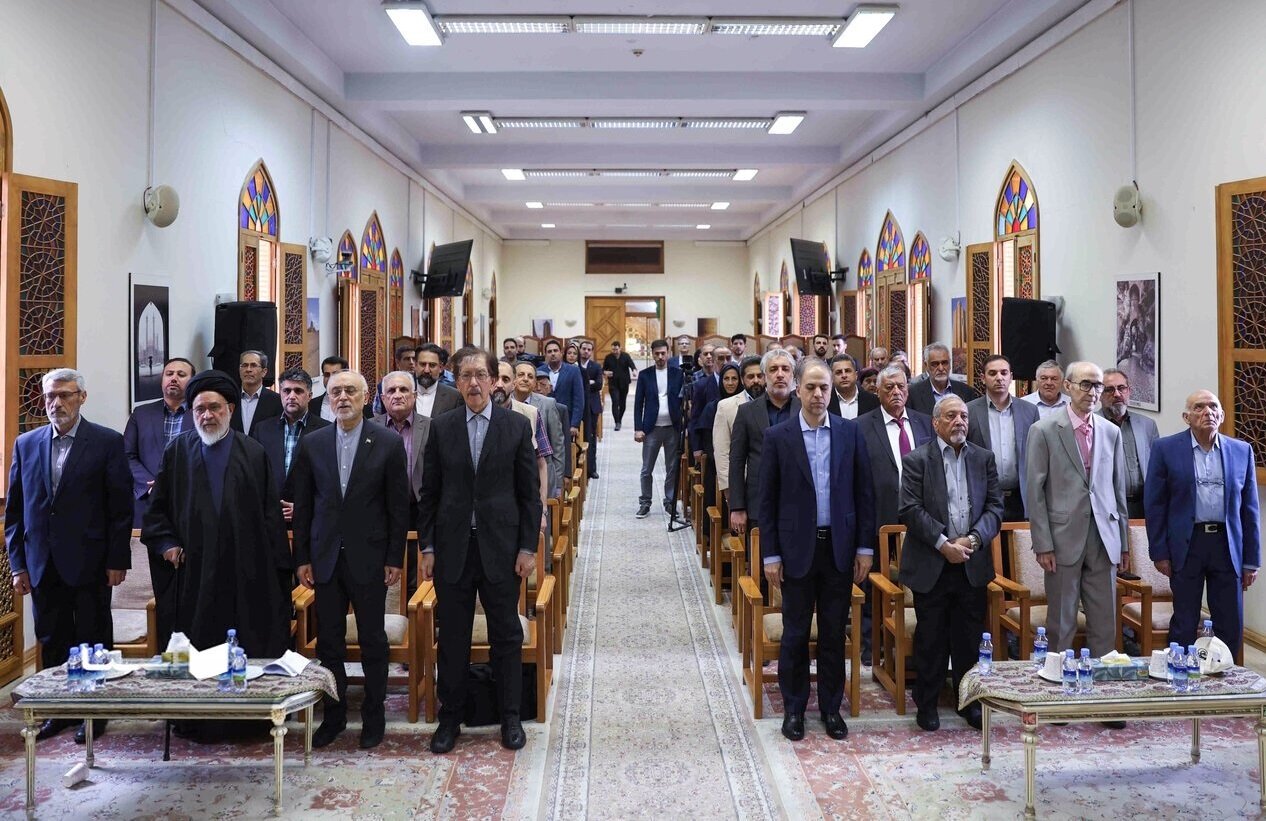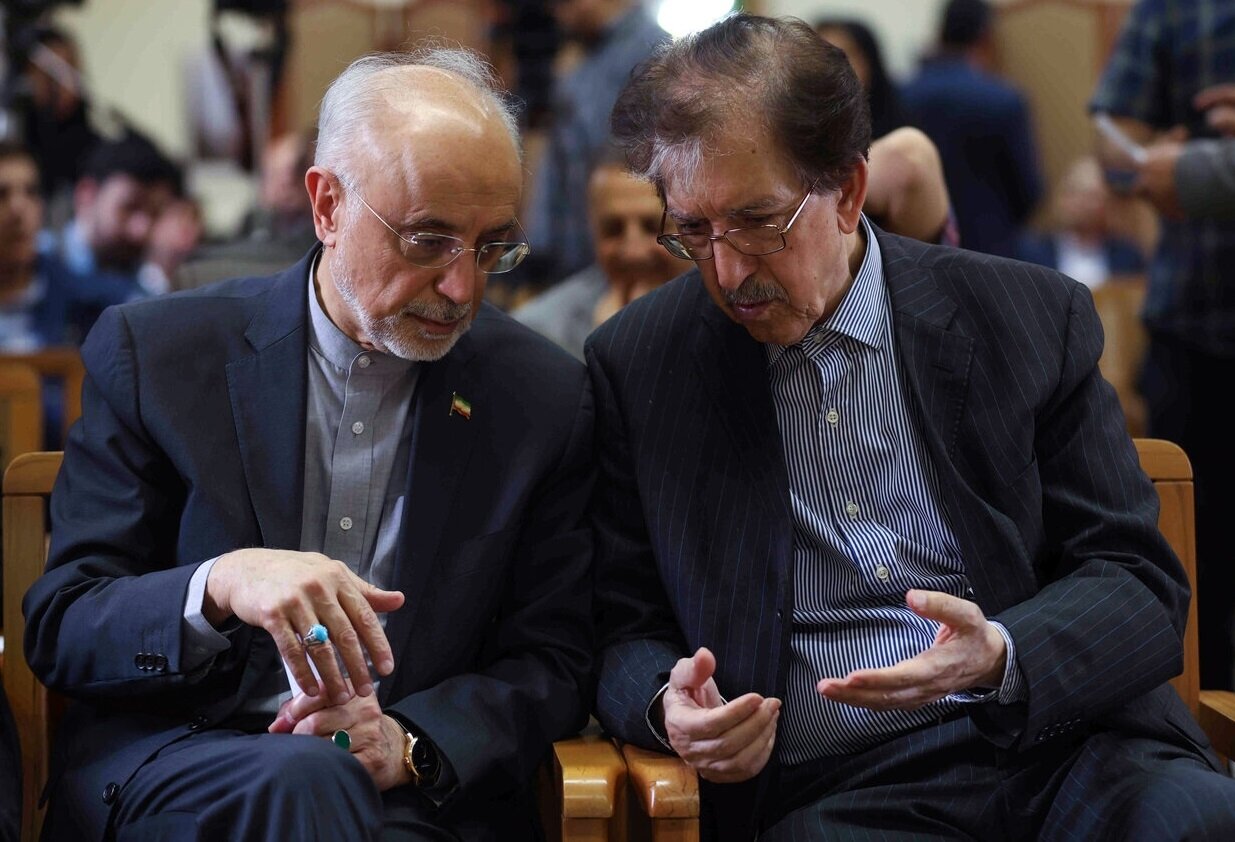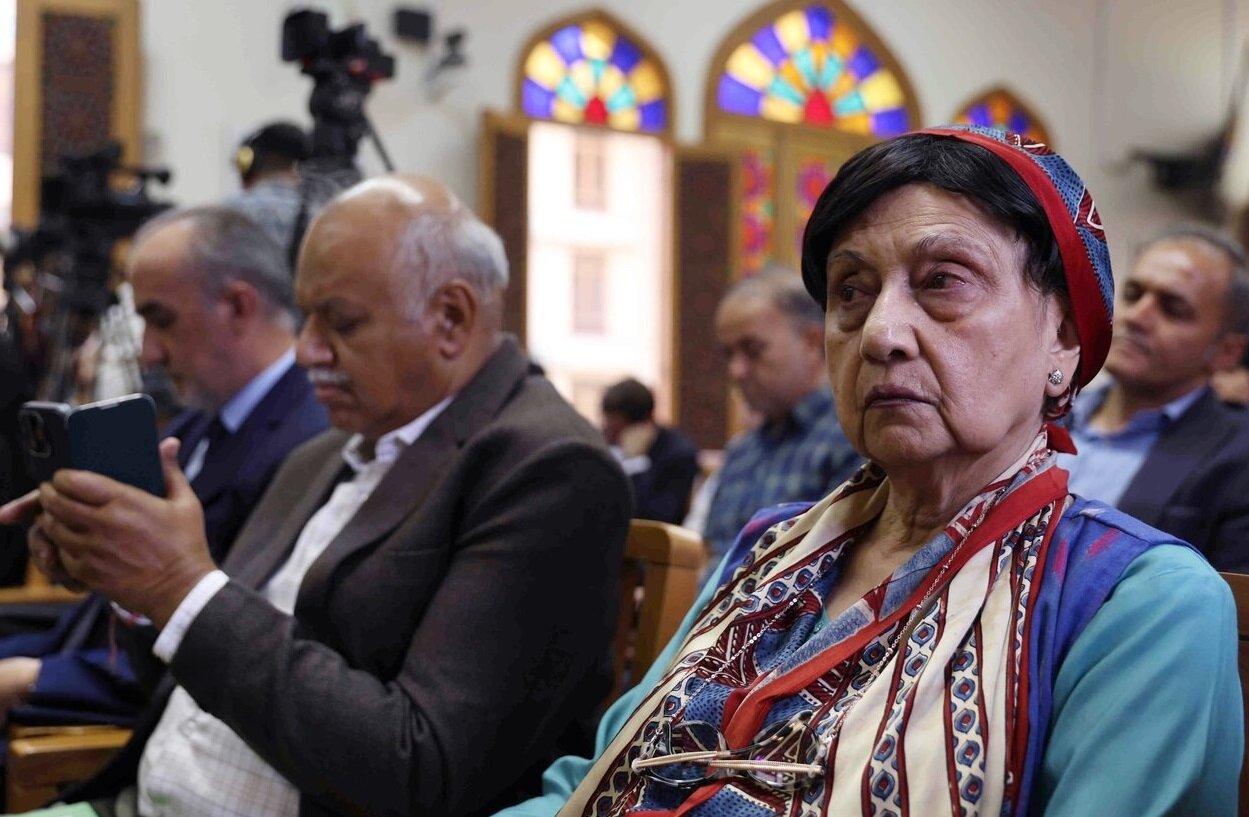Ferdowsi remembered as guardian of Persian language

TEHRAN — The Iranology Foundation hosted a ceremony on Wednesday evening to mark Ferdowsi Day, gathering scholars, cultural experts, and literary enthusiasts to celebrate the enduring legacy of Persian language and literature.
The event honored the legacy of Abu’l-Qasem Ferdowsi Tusi (c. 935– c. 1020-26 CE), the celebrated Persian poet and author of the Shahnameh (“Book of Kings”), the Persian national epic, which, according to many sources, helped preserve and revitalize the Persian language and cultural identity during a time of great political and cultural upheaval.
Distinguished speakers at the ceremony included Ali Akbar Salehi, President of the Iranology Foundation; Gholamali Haddad-Adel, President of the Academy of Persian Language and Literature; Seyyed Mostafa Mohaghegh Damad, faculty member at Shahid Beheshti University; Mandana Tishehyar, faculty member at Allameh Tabataba’i University; Nimet Yildirim, Turkish academic of Persian literature; and Vladimir Ivanov, professor from Russia, among several others. Their lectures mainly shed light on Ferdowsi’s enduring significance in the realms of epic poetry, philosophy, and Iranian cultural heritage.

In his opening remarks, Salehi emphasized Ferdowsi's “unparalleled role” in the preservation and enrichment of Persian literature and identity. “Ferdowsi is not merely a poet; he is the architect of the Persian language,” Salehi stated. “At a time when political and cultural storms threatened the very foundations of Iranian heritage, it was Ferdowsi of Tus who, through the Shahnameh, safeguarded not only the Persian language from oblivion but also enshrined Iran's history, culture, and core values in an enduring and noble form for future generations.”
Highlighting Ferdowsi's three decades of tireless effort in composing the Shahnameh, Salehi noted that his work breathed new life into ancient Iranian myths and legends, reviving a cultural identity that might otherwise have been lost. “Persian is not merely a tool for communication; it is the very foundation of our historical identity and a pillar of national cohesion across centuries,” he said.

Salehi further remarked on Ferdowsi's remarkable achievement in uniting a vast and diverse cultural sphere under the banner of the Persian language. “Is it not extraordinary that Ferdowsi, through his poetry, brought regions from India to Transoxiana, from the Caspian Sea to the Persian Gulf, under the unifying umbrella of the Persian tongue? His work fostered linguistic and cultural unity that has endured for centuries and remains a source of pride for us today,” he added.

“Ferdowsi taught us that language is more than just words – it is the house of our existence. If this house remains strong, so too will our thoughts and identity,” Salehi concluded. He called upon all attendees to reaffirm their commitment to preserving the Persian language and culture, urging them to continue Ferdowsi’s path toward enlightenment, dignity, and freedom.
Ferdowsi’s towering contribution to Persian literature and global epic poetry is celebrated annually on Ordibehesht 15 of the Iranian calendar, which marks the completion of the Shahnameh after 30 years of devoted effort.
AM
Leave a Comment